
Wall Mounting EV Charge Station
Maximize EV Charging Efficiency: The Ultimate Guide to Choosing the Right EV Charging Cable for Your Needs
As the electric vehicle (EV) market continues to grow, with sales projected to reach 26 million units by 2030 (International Energy Agency), the importance of selecting the right EV charging cable has never been more critical. The efficiency of EV charging directly affects the overall performance and convenience of electric vehicles, making EV charging cables a vital component for both personal and commercial use. Reports indicate that a significant percentage of EV owners cite charging time and compatibility as major concerns, which underscores the necessity for informed choices in this area. A well-chosen EV charging cable can enhance charging speed, ensure safety, and provide long-term benefits, addressing the diverse needs of users from home charging setups to public infrastructure. In this ultimate guide, we will explore key considerations and tips for maximizing EV charging efficiency through the selection of the ideal EV charging cable for your specific requirements.
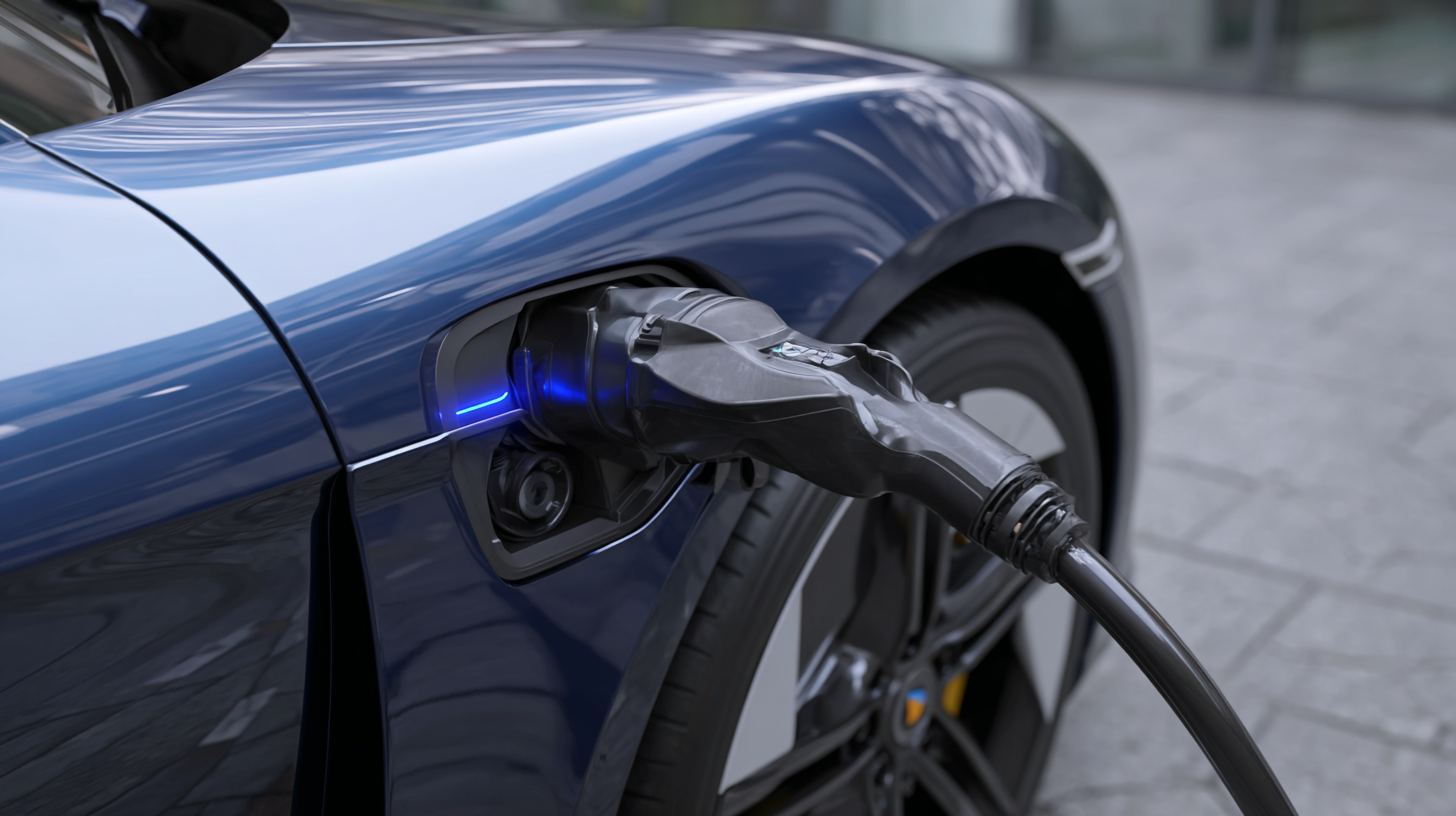
Understanding Different Types of EV Charging Cables: A Comprehensive Overview
When it comes to electric vehicle (EV) charging, understanding the different types of charging cables is essential for maximizing efficiency and ensuring compatibility with your vehicle. The primary types of EV charging cables include Level 1, Level 2, and DC fast charging cables. Level 1 cables use a standard household outlet and are best suited for home charging, providing a slower charge that’s ideal for overnight use. Meanwhile, Level 2 cables are commonly found in public charging stations and can deliver a significantly faster charge, making them a popular choice for both home and commercial applications.
DC fast charging cables are designed for quick charging at dedicated stations, allowing drivers to charge their EVs to 80% in around 30 minutes. It's crucial to recognize that these different cables utilize varying connectors, such as the J1772 for Level 1 and Level 2, and the CCS or CHAdeMO for DC fast charging. Familiarizing yourself with these types of cables and their respective features can greatly enhance your EV ownership experience, ensuring you select a charging solution that meets your specific needs and driving habits.
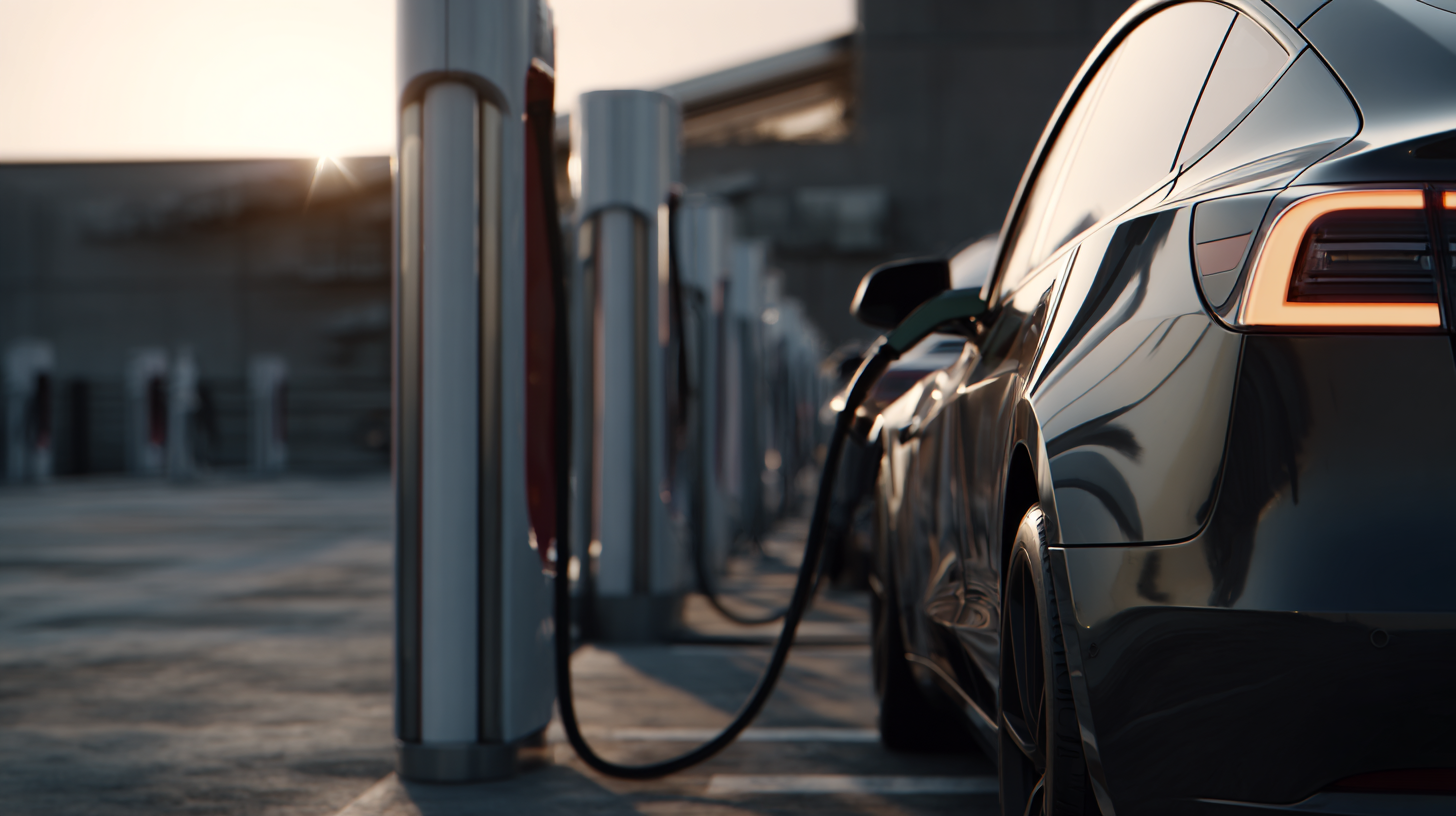
Evaluating Charging Speeds: Level 1, Level 2, and DC Fast Charging Explained
When choosing the right EV charging cable, understanding the various charging speeds is crucial. Level 1 charging utilizes a standard household outlet, providing a slow charge of about 2-5 miles of range per hour. This option is ideal for overnight charging at home, particularly for those with shorter daily commutes. However, due to its slower nature, it may not be suitable for drivers who need to maximize their charging efficiency during the day.
On the other hand, Level 2 charging significantly accelerates the charging process, offering about 10-60 miles of range per hour. These chargers require a dedicated circuit and are commonly found in public charging stations and home setups. For those who frequently rely on their electric vehicles for longer trips or need quick turnarounds, a Level 2 charger is often the best choice. Finally, DC Fast Charging provides the quickest charging speeds, delivering up to 80% charge in just 20-30 minutes, making it ideal for road trips and long-distance travel. Understanding these levels of charging can help EV owners make informed decisions that best suit their lifestyle and driving habits.
Key Features to Look for in an EV Charging Cable: Durability, Length, and Compatibility
When selecting an EV charging cable, several key features determine its efficiency and longevity. Durability is paramount; a report by the International Energy Agency (IEA) indicates that about 10% of EV chargers experience faults due to cable wear over time. Investing in high-quality materials, such as thermoplastic elastomers, can significantly extend the life of your charging equipment. Cables that are resistant to abrasion and extreme weather conditions ensure reliable performance, reducing the frequency of replacements.
The length of the charging cable is another critical factor to consider. According to a study by the Electric Vehicle Council, longer cables can increase the flexibility of charging options, allowing users to park their vehicles in various configurations while still maintaining connectivity to the charger. A standard length of 16 to 25 feet is often recommended to cater to most user scenarios without excessive slack. Compatibility with different EV models is equally important; a report from the Department of Energy highlights that not all cables work with every vehicle, emphasizing the need for chargers that support both Level 1 and Level 2 charging standards. Ensuring that your cable meets the specifications for your EV model can enhance charging performance and safety.
Maximize EV Charging Efficiency: The Ultimate Guide to Choosing the Right EV Charging Cable for Your Needs
| Cable Type | Length (ft) | Durability Rating (Cycles) | Compatibility | Price ($) |
|---|---|---|---|---|
| Type 1 | 16 | 1000 | Compatible with J1772 | 150 |
| Type 2 | 20 | 1200 | Compatible with CCS | 175 |
| DC Fast Charger | 12 | 1500 | Compatible with Tesla | 300 |
| Portable Charger | 25 | 800 | Universal Compatibility | 120 |
Choosing the Right Connector Type for Your Electric Vehicle: A Guide to J1772, CCS, and CHAdeMO
When selecting the appropriate EV charging cable, understanding the various connector types is crucial. The J1772 connector is widely used across North America for Level 2 charging, making it a reliable choice for home and public charging stations. If you're looking for fast charging capabilities, the CCS (Combined Charging System) connector serves electric vehicles with rapid DC charging options, enabling drivers to recharge their EVs in a fraction of the time compared to standard connectors. On the other hand, the CHAdeMO connector is popular among certain manufacturers and offers quick charging solutions, particularly for Japanese electric vehicles.
**Tip:** Always check your electric vehicle’s specifications to ensure compatibility with the desired charging connector. This prevents any last-minute surprises at the charging station.
Choosing the right connector type not only enhances charging efficiency but also future-proofs your EV charging setup. With advancements in technology, many new vehicles are now equipped with CCS connectors, which may make it a more strategic choice for long-term use.
**Tip:** Invest in a flexible cable that allows for both home and public charging options. A versatile charging cable can optimize your EV experience regardless of where you are.
Tips for Maintaining Your EV Charging Cable for Optimal Performance and Longevity
When it comes to maintaining your EV charging cable for optimal performance and longevity, regular inspection and proper storage are essential. According to the International Council on Clean Transportation (ICCT), around 80% of electric vehicle (EV) owners utilize home charging, which emphasizes the need for reliable cables. Start by routinely checking your charging cable for any signs of wear and tear, including fraying or exposed wires, as these can significantly reduce charging efficiency and pose safety risks.
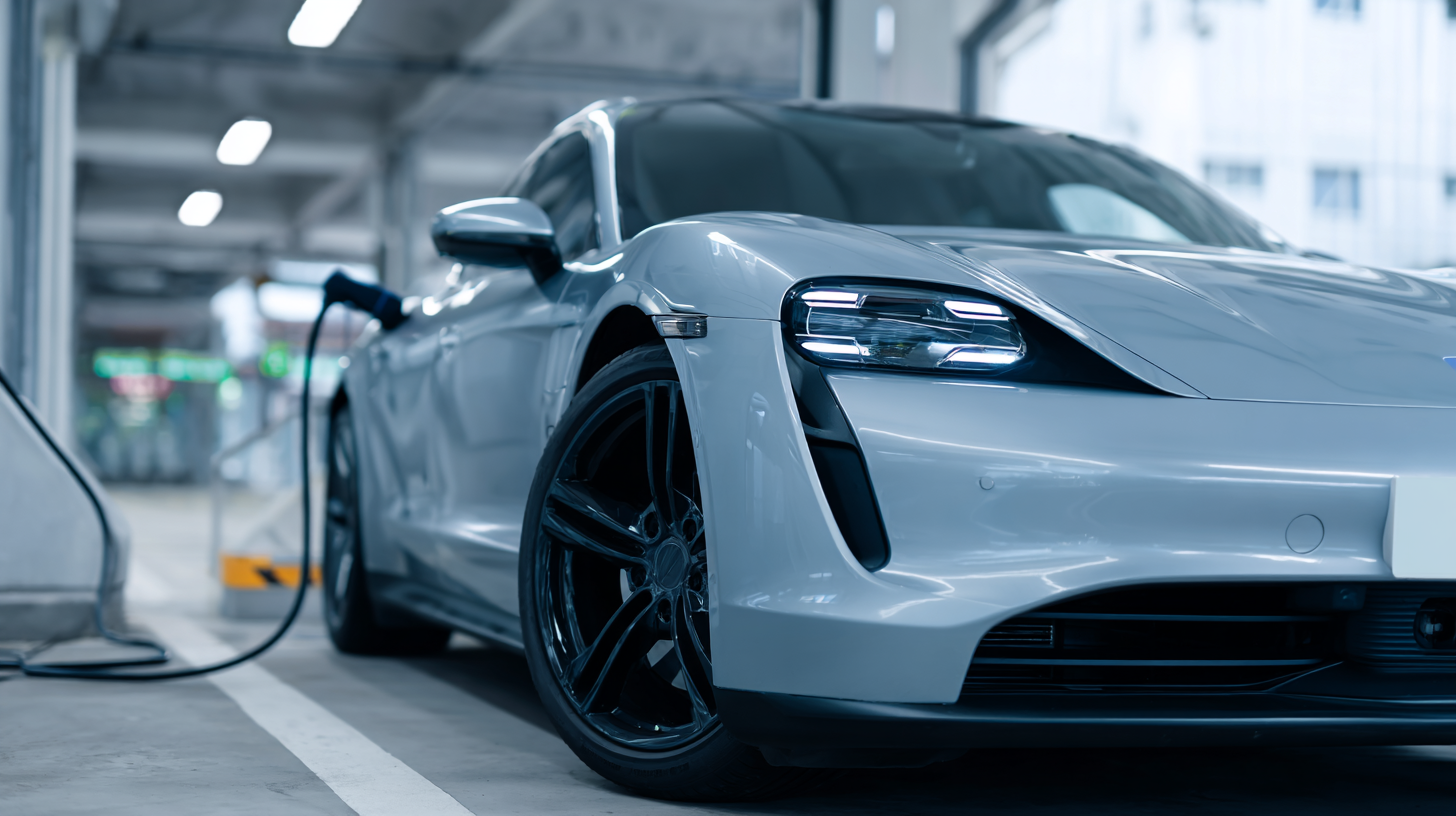
Proper storage is equally important; avoid coiling the cable too tightly, as this can damage the internal wiring over time. Instead, loop it loosely or use a dedicated cable organizer. Reports indicate that charging cables can last over five years when properly maintained, which is crucial given that poorly maintained cables can lead to a 30% reduction in charging efficiency according to the Electric Power Research Institute (EPRI). Implementing these simple maintenance practices will ensure that your EV charging cable continues to perform efficiently and lasts as long as possible.
Related Posts
-

Innovative Approaches for Efficient Home Wall Ev Charge Station Installation
-
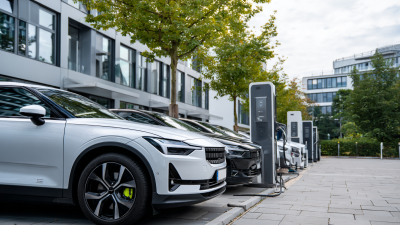
How to Select the Best Ev Charging Station for Your Business Needs
-
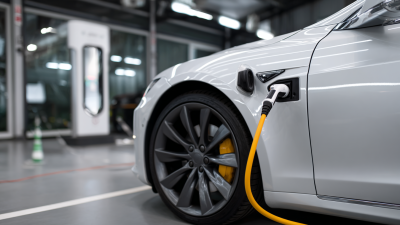
How to Choose the Right AC EV Charging Cable for Your Electric Fleet: A Comprehensive Guide
-
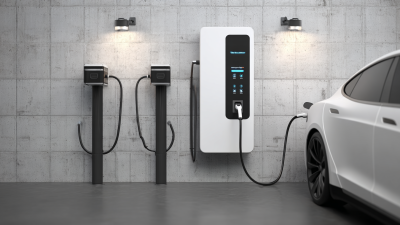
What is a Home Wall Ev Charge Station and How Does it Work
-

7 Compelling Reasons to Choose an Ac Portable Ev Charger for Your Electric Vehicle
-
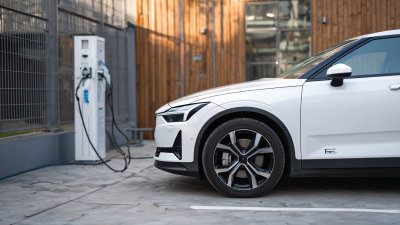
How to Choose the Right Ev Charger Station for Your Electric Vehicle

